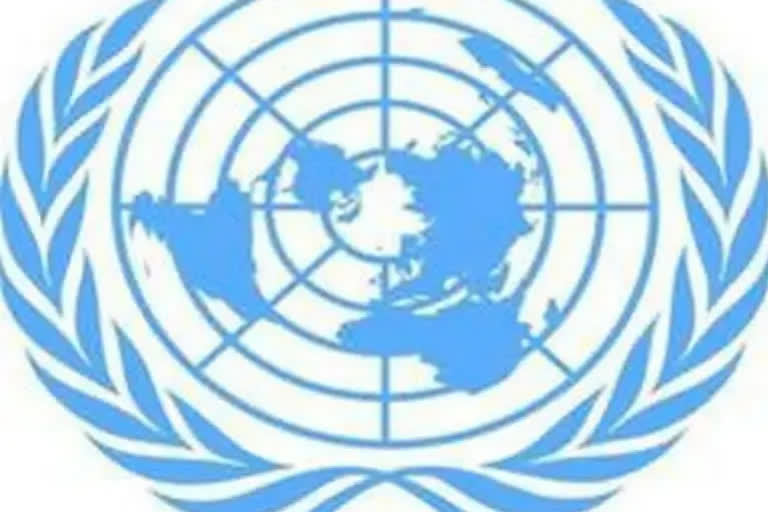United Nations:Pakistan's new prime minister stepped onto the UN podium and faced world leaders, ready to spin a tale of floods and climate change and more than 33 million people at risk. Shahbaz Sharif began: As I stand here today to tell the story of my country... At its core, that was what every world leader was here to do during the past week.
One after another, they took the stage - different leaders from different traditions that, under a single roof, reflected most of the world's history. All had a fleeting opportunity to craft a story about their nation and the world that would - they hoped - make others sit up and listen. Some did it better than others.
We are storytellers, we humans. And even in an era of globalised politics and instantaneous streaming simulcasts, the story - the way it's told, the details used, the voice and the cadence and the passion (or lack thereof) - can win the day. Yet the dawn of storytelling at scale over the past two decades - regular people amplified globally right next to world leaders, and entire industries devoted to disseminating disinformation across continents - makes it harder for even the most powerful to get their messages noticed.
In a public-discourse environment where people are just choosing to believe what they wish to believe, the challenge for a speaker at the UN is tremendous," said Evan Cornog, author of The Power and the Story: How the Crafted Presidential Narrative Has Determined Political Success.
It is so hard to break through," Cornog said. And I think it's become much harder. In Dwight D Eisenhower's age of politics, there was more of a predisposition to think, I should listen to this person.' Today the predisposition is, This is all propaganda, and I should pay no attention to this.'" Nevertheless, to watch a week of what is effectively an open-mic night for the people who rule the world revealed that in the attention economy, particularly for nations that aren't in the spotlight at the moment, how you tell the story can make all the difference.
Urgency was a key theme. Inflection point came up a lot, as did the moment to act. Said Bharat Raj Paudyal, Nepal's foreign secretary: We are living indeed in a watershed moment. Tandi Dorji, the foreign minister of Bhutan, read a letter from a child about climate change. Help and save our tiny village from global warming, it said, and it was hard not to stop and notice.
Other speeches were more workaday. Some were simply bullet points about priorities. Some were adjective-rich screeds about old enmities. Some were, bluntly, quite wonky. Yet some leaders (or their speechwriters) have honed storytelling to a persuasive art. Ukraine's Volodymyr Zelenskyy, for example, got a dispensation to be the only world leader allowed to speak on video this year thanks to his status as a wartime president.
In doing so, he got handed some advantages: He controlled the production values. If he made a mistake, he could rerecord. Most of all, he could take advantage of the storytelling optics that have served him so well since Russia invaded - his trademark olive T-shirt, his flag in the background, his ability to dominate his own environment rather than be framed in the same green marble as everyone else.
